Join the Wharton Global Impact Consultants in Uganda
March 2020, Kiboga, Uganda
We are a team of six University of Pennsylvania Wharton MBA students who traveled to Uganda to work with Let There Be Light International (LTBLI) on a field project this past March as part of Wharton’s Global Impact Consultants (WGIC). United by our shared excitement about broadening access to solar technology, working on energy poverty solutions, and finding solutions for off-grid communities, we found a good match in LTBLI and in one another.
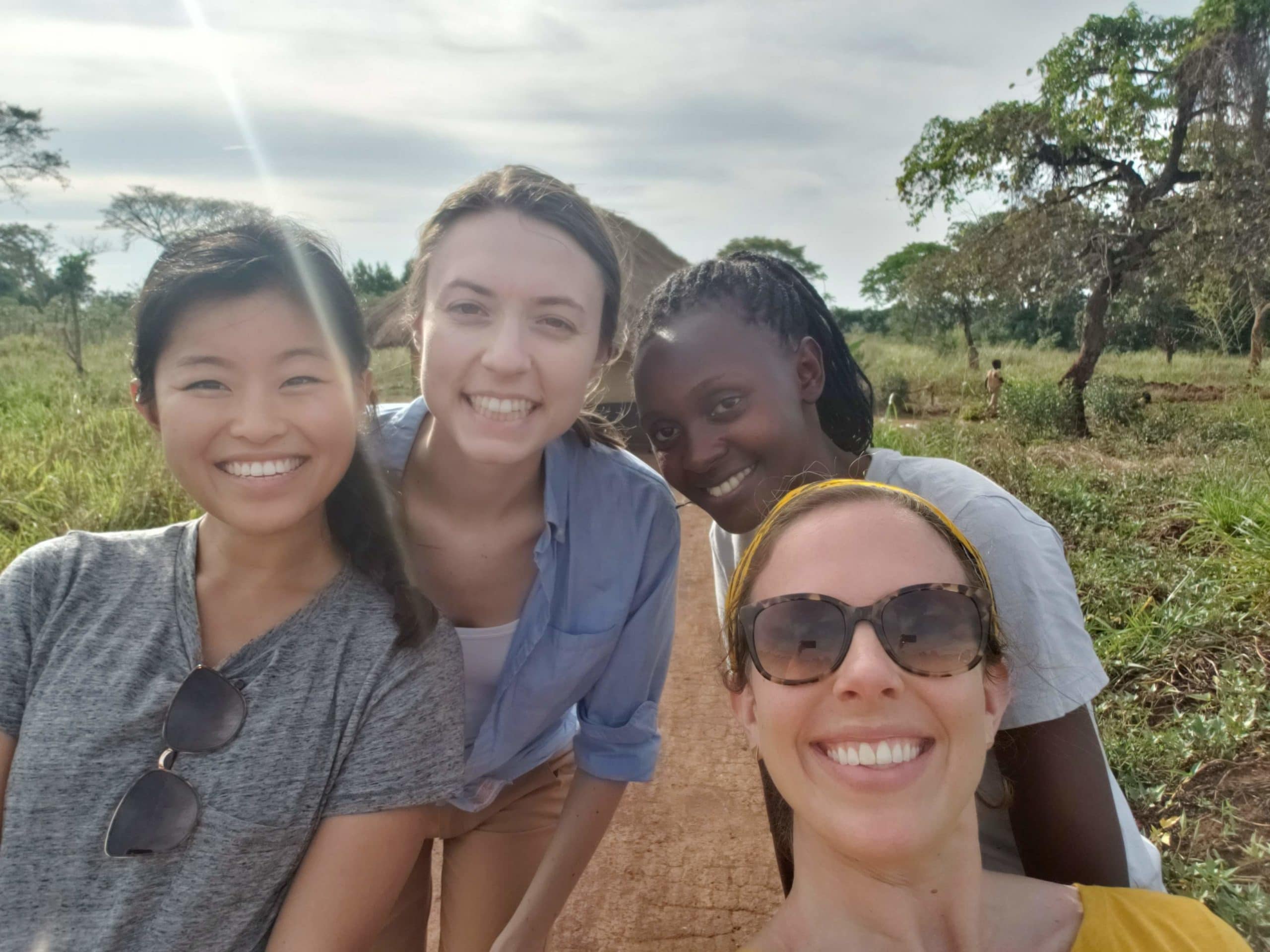
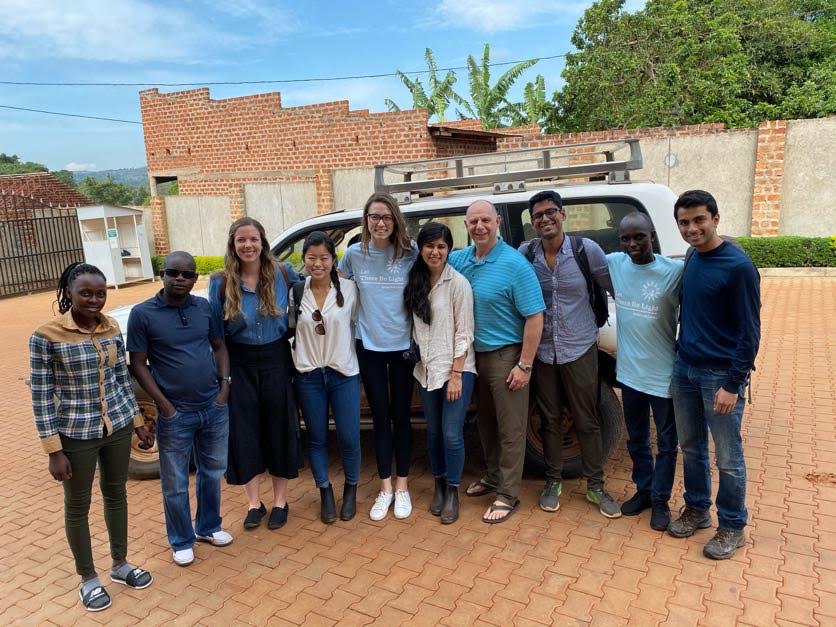
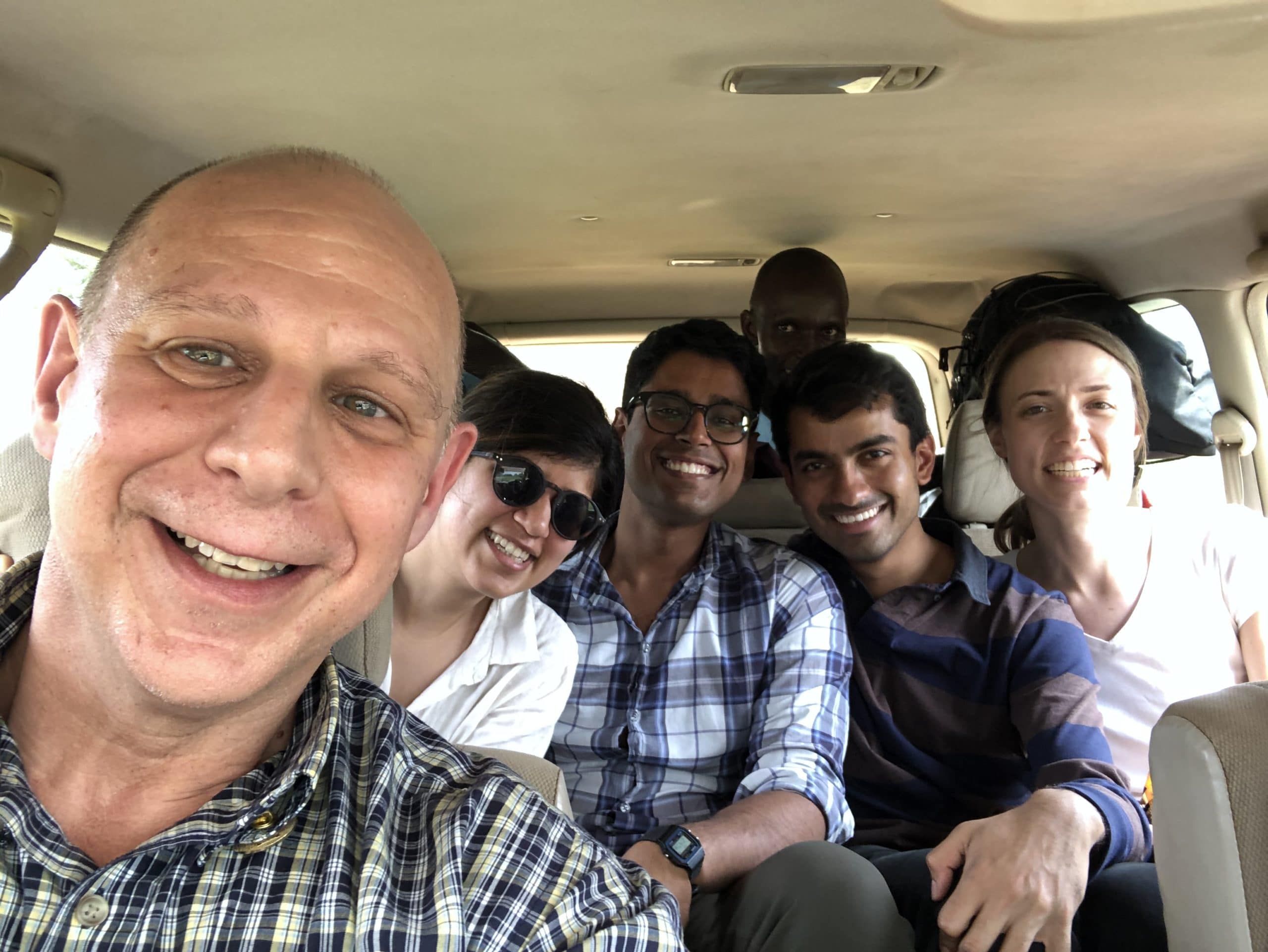
The Project
The WGIC project focused on Safe Births + Healthy Homes (SB+HH), LTBLI’s maternal and infant health program begun in early 2019. SB+HH electrifies rural health clinics and works to incentivize women to give birth at these clinics (instead of in the community without trained birth attendants and often basic medical equipment) through the donation of solar lights to new mothers. SB+HH seeks to increase infant and maternal health outcomes both during delivery and at home in the critical months and years following delivery.
As SB+HH celebrated one year of operation and nearly 1000 lights distributed to rural mothers, our WGIC team sought to help LTBLI understand and measure programmatic impact as well as the broader second- and third-order impacts of rural energy access on vulnerable mothers and babies.
Into the Field with Solar Health Uganda
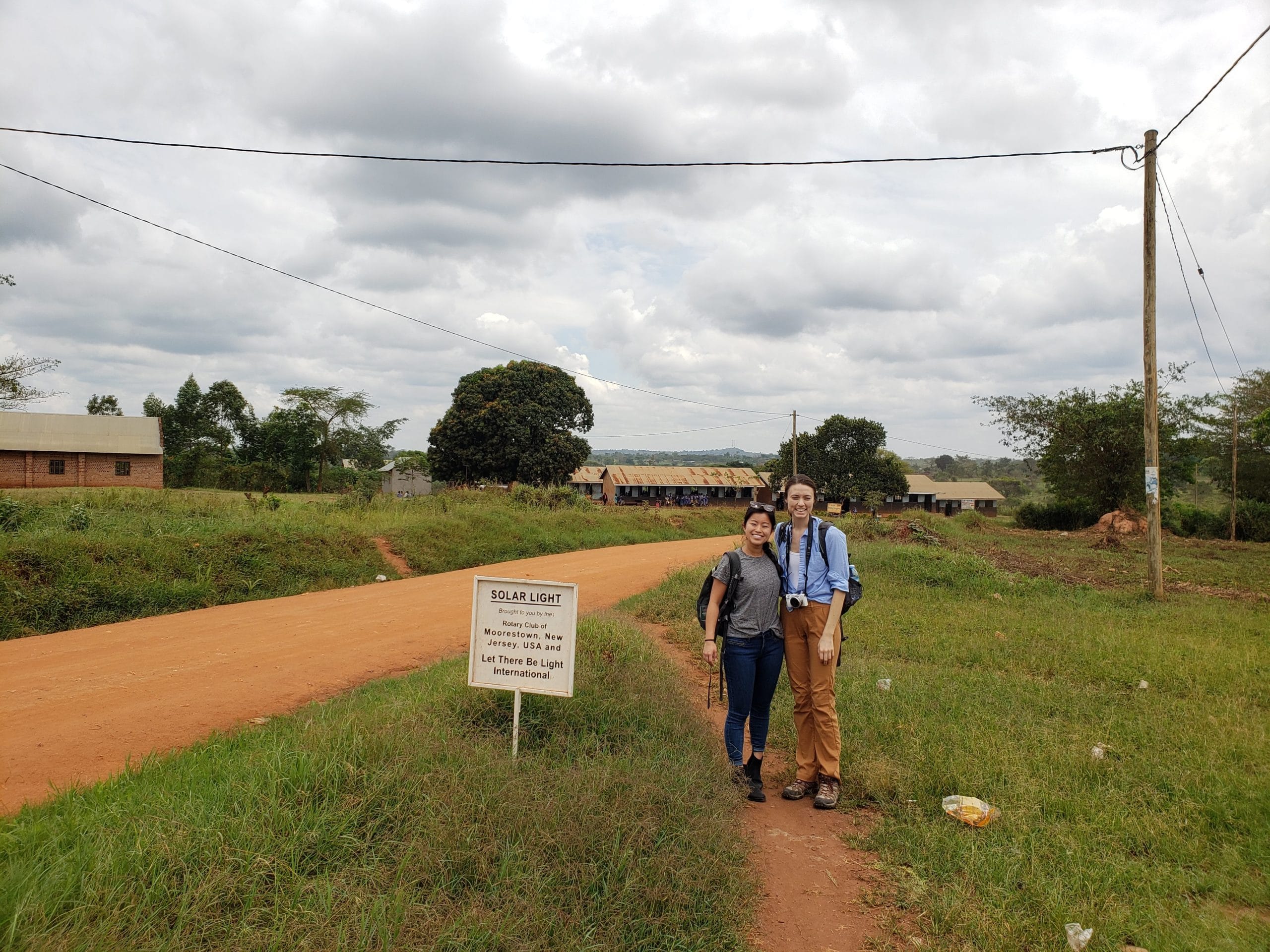
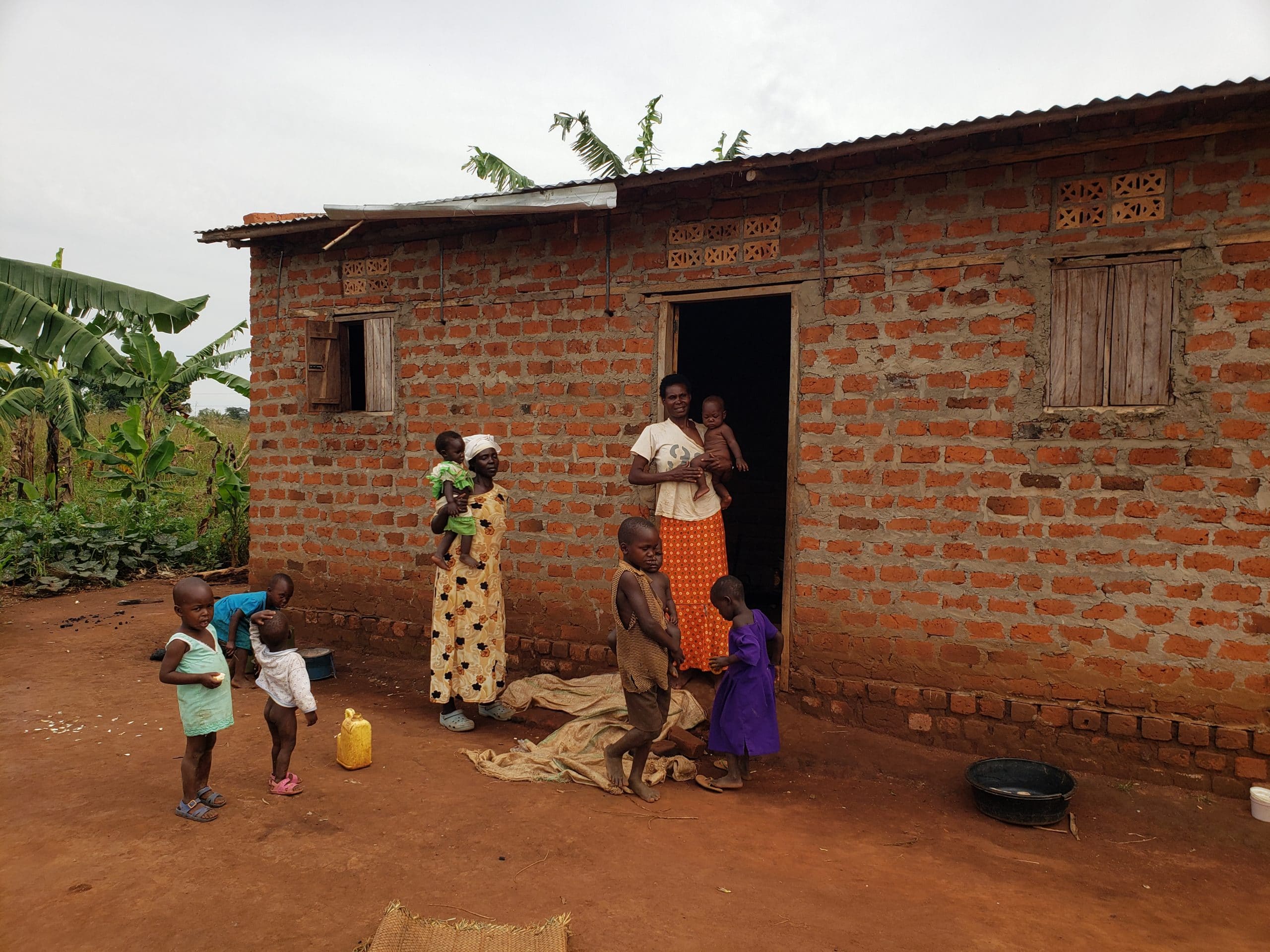
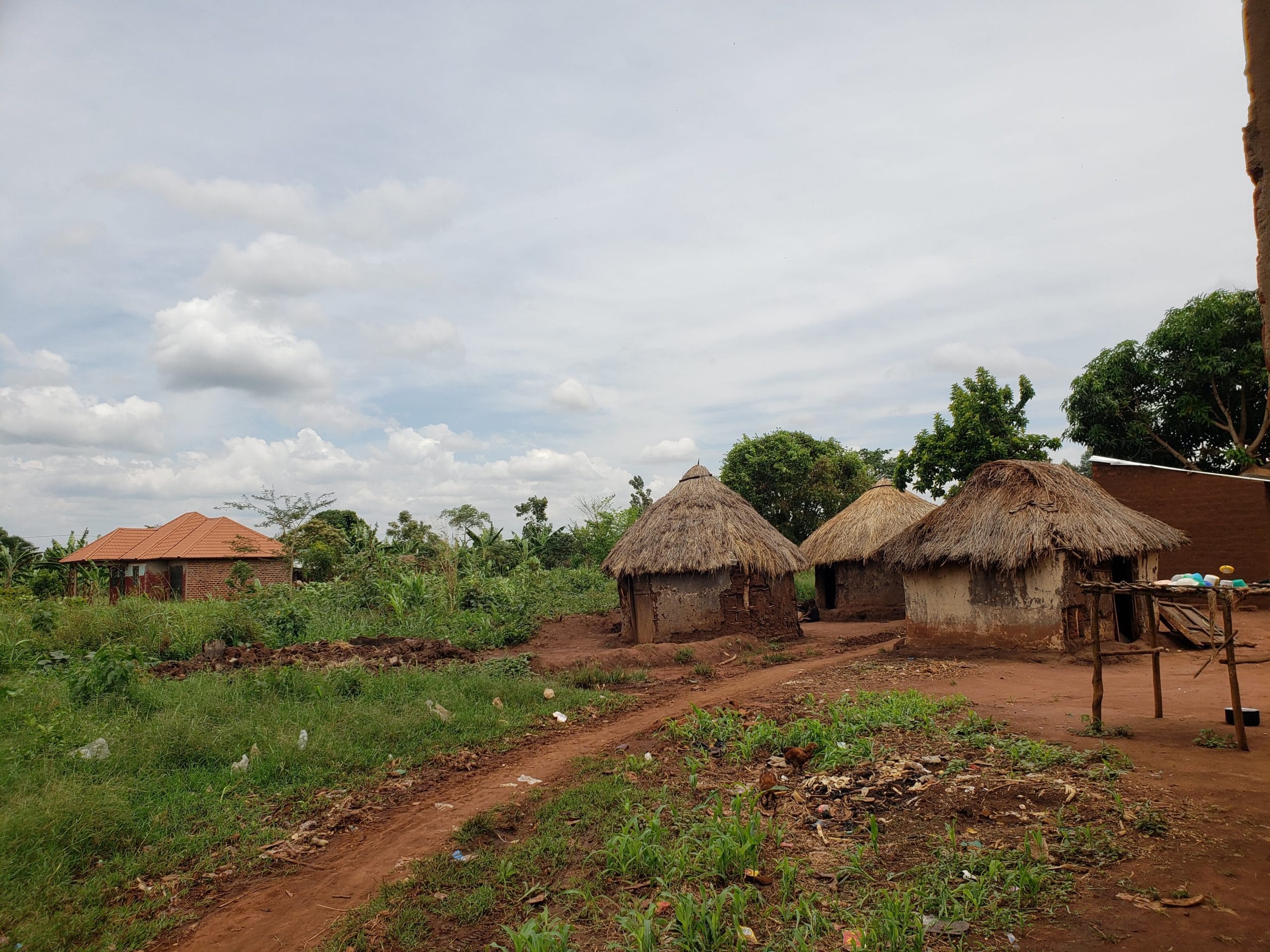
We spent six days with LTBLI Board Member, Ben Kerman, in Kiboga, a town a few hours’ drive west of Kampala. We designed and convened focus groups with new mothers to understand their lighting journey from using kerosene to solar. We gathered data and feedback from staff at the local health clinics to assess SB+HH’s effectiveness, and we spoke with local government leaders about their priorities and challenges. We also were able to conduct home visits with more than a dozen SB+HH beneficiaries to learn firsthand the vast impact of even a single solar light.
The Solar Health Uganda team (Carol, GeorgeMike, and Derrick) were with us every step of the way to translate between English and the local language, Luganda and to guide us down confusing, unlabeled dirt roads to the humble homes of beneficiary families. Our new friends explained the origins of various local foods—from Rolex to Matoke to Samosas to G-nut curry—and helped us understand the local cultures and customs (including flexible meeting times).
Each morning, we weaved down impossibly winding and narrow dirt roads in our four-wheel drive vehicle, eventually stopping to finish the journey on foot. The mothers we visited had made this same long, bumpy journey to the health clinic via boda-boda (a local two-person motorcycle taxi) while in labor and often in the rain or middle of the night.
One of the mothers, Tereza greeted us with an enormous smile when we walked into her sunny front yard. Leapfrogging any formal introductions, Tereza handed Dawn her ten-month old baby Marjorie, joking that babysitting was the least we could do in exchange for her time.
Tereza spoke of how the solar light she had received through Let There Be Light International’s Safe Births + Healthy Homes (SB+HH) program had given her newfound agency and the savings necessary to open her own small convenience store and buy a pig to invest in her land.
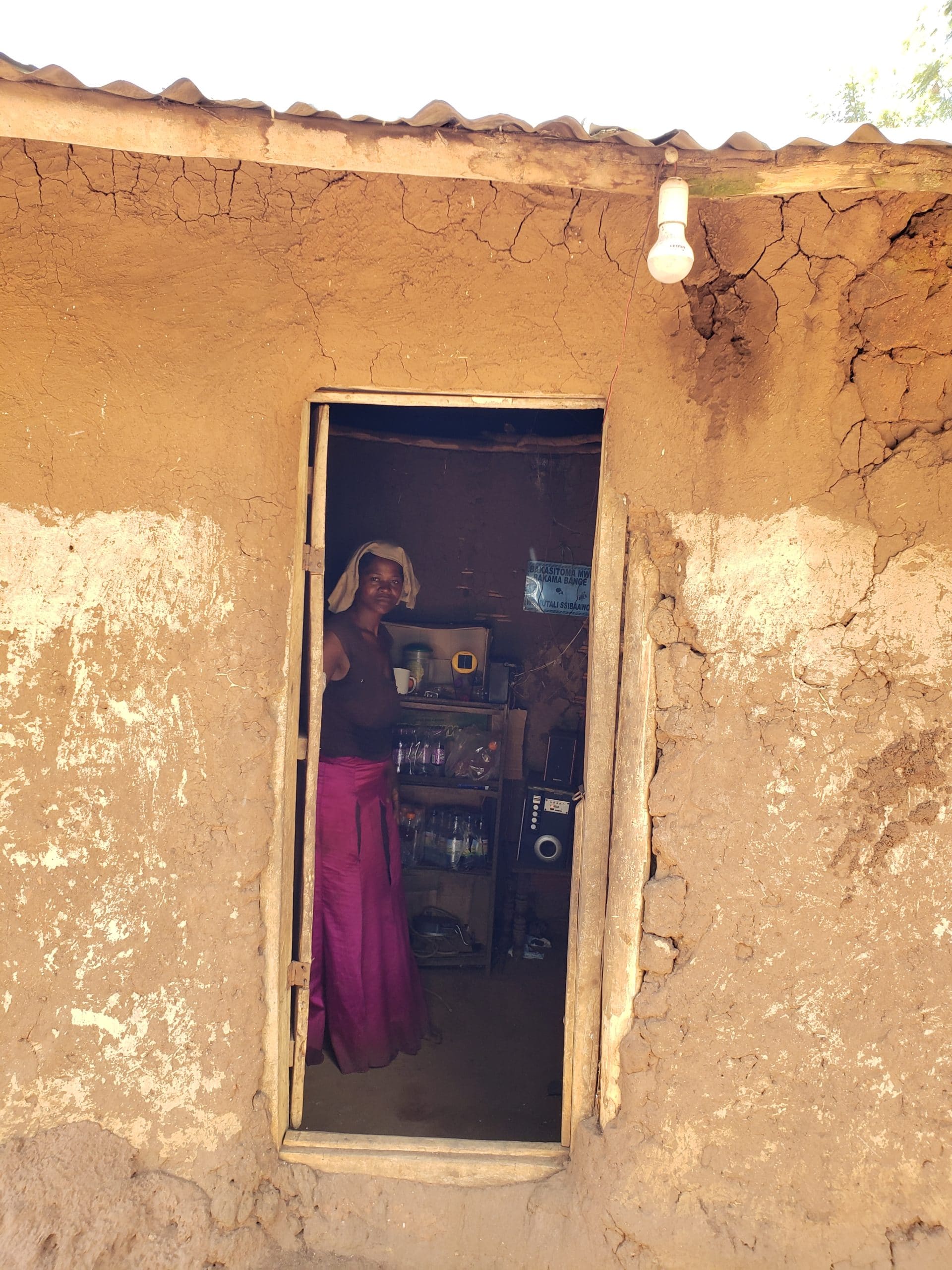
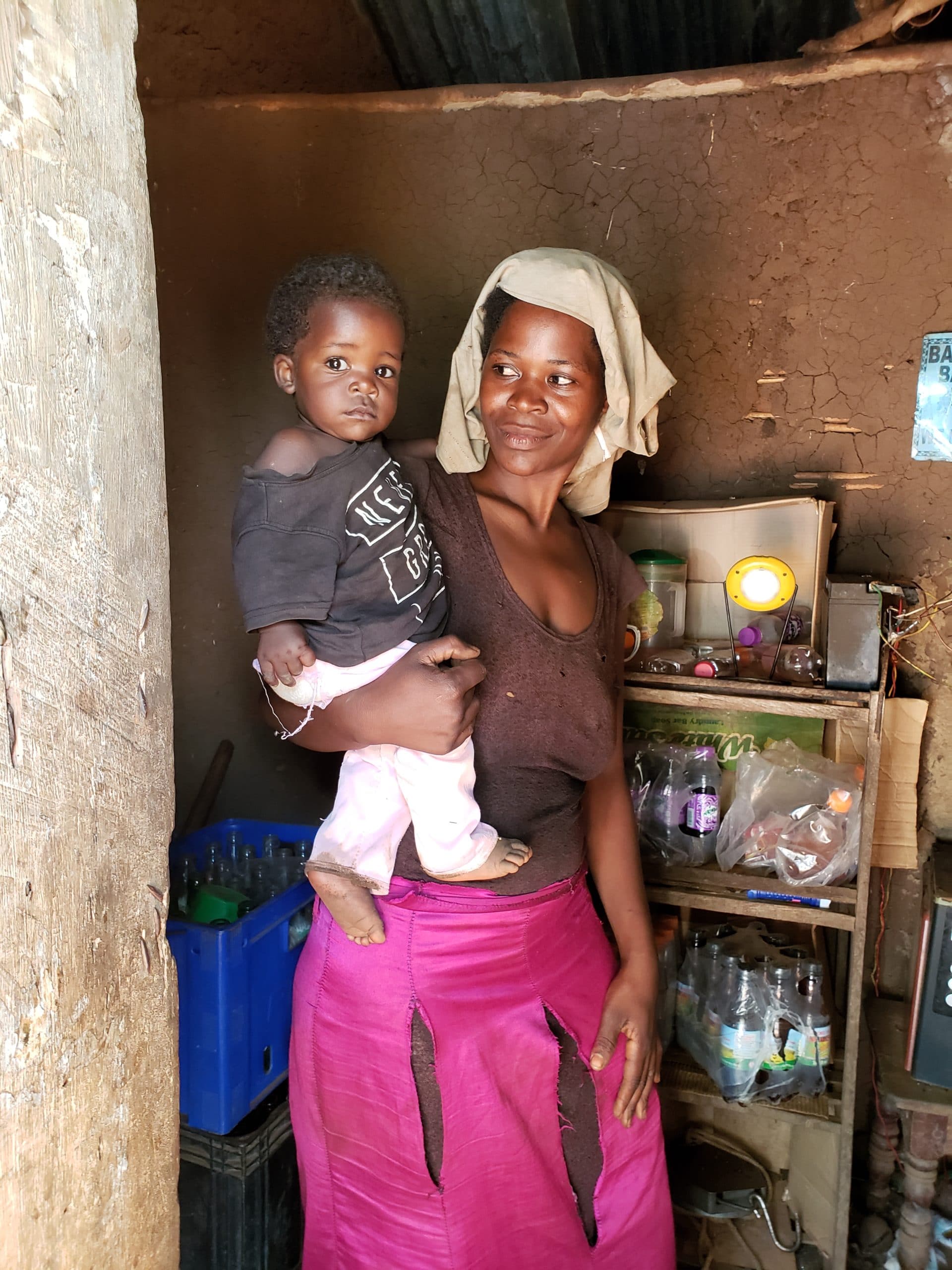
Over the course of our two hours in Tereza’s front yard, a group of nearly twenty neighbors, friends, family, children, elders slowly gathered under the shade of a jackfruit tree, curiously listening in on the conversation. Among them was her husband, who was quick to laugh and obligingly nod when Tereza declared with a grin, “The light is mine! He has to ask my permission to use it.” Read more of Tereza’s story here.
The stories of women’s empowerment we heard firsthand were some of the most exciting takeaways from our time in Uganda. Going into the field project, we expected to explore the impact of LBTLI’s work through the lens of the Sustainable Development Goals most directly aligned with its mission—SDG 1: No Poverty, SDG 3: Good Health and Well Being, SDG 7: Affordable and Clean Energy, and SDG 13: Climate Action. It was a treat to discover, through home visits and focus groups, that the Safe Births + Healthy Homes program was also making strides in advancing SDG 5: Gender Equality!
Read more about our Field Studies and impacts of SB+HH in our next post.

0 Comments